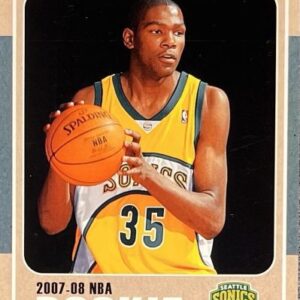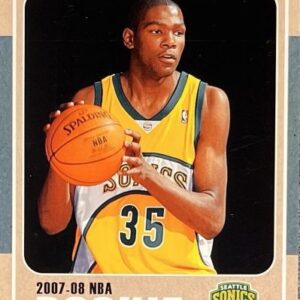Beckett Grading Services, a once-prominent figure in sports card grading, finds itself in turbulent waters as industry numbers take a downturn. With a marked decrease in graded cards and an ownership scandal involving Greg Lindberg, the owner of Beckett’s parent company, the company’s future looks uncertain.
The November data from GemRate paints a grim picture for Beckett, showing a significant drop in graded cards compared to the previous month and a significant decline year-over-year. These troubling statistics reveal a worsening trend for Beckett, especially when compared to its relatively better performance earlier in the year.
Lindberg’s involvement in a massive insurance fraud scheme has further complicated matters for Beckett, with court filings exposing financial instability within the company. The revelation of a $100 million loan secured against Beckett Grading Services, of which only a fraction was received by the grading arm, has raised concerns about the company’s viability, potentially leading to liquidation as Lindberg’s assets face scrutiny.
Amidst these scandals, collector confidence in Beckett has taken a hit, making it even more challenging for the company to navigate the competitive grading industry landscape. The timing couldn’t be worse, as the sports card grading sector is experiencing significant growth. Unfortunately, Beckett has failed to capitalize on this expansion, trailing behind its competitors in performance.
While Beckett’s Black Label 10s and Pristine 10s retain their allure in niche markets, such as TCG collections, they are not sufficient to offset the losses incurred from dwindling high-volume grading. In contrast, competitors have stepped up their promotional efforts, diverting attention away from Beckett’s offerings. Despite recent attempts like holiday specials, Beckett’s higher pricing strategy has made it less appealing in the current market environment.
A cause for further concern is Beckett’s diminishing presence in grading iconic cards that were once its stronghold. The decline in grading activity for legendary items like the 1952 Mickey Mantle or the 1989 Upper Deck Ken Griffey Jr. signals a broader trend of decreasing momentum for Beckett, even in areas where it excelled historically.
Amid these challenges, Beckett does find some solace in specific niches where it remains competitive. High-end basketball cards, TCG grading, and Topps Now limited-release cards still generate demand for Beckett’s services. However, the overall downward trend in grading volume suggests systemic issues that the company must address to stay afloat in a rapidly evolving industry.
Looking ahead, Beckett Grading Services faces an uphill battle as it navigates legal troubles, increased competition, and a changing market landscape. While its reputation for premium grades persists in niche markets, the company’s inability to adapt to industry shifts raises questions about its future trajectory. Whether Beckett can restructure and bounce back or continues on its current path remains a subject of speculation for collectors and industry observers alike.





